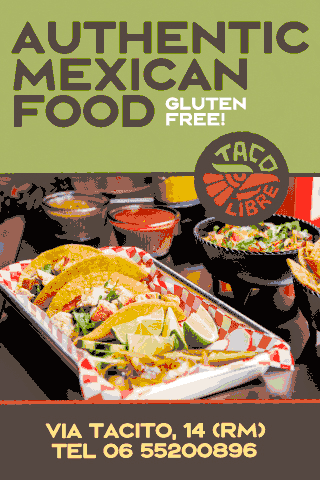Italian authorities fear the spread of mafia tactics and organised crime
As Italy attempts to live with the virus during phase two of lockdown, many businesses are still struggling to make sense of the future. While government loans and assistance can take months to arrive, the mafia is seizing the opportunity to infiltrate businesses in exchange for immediate, liquid funds. For the businesses that are allowed to operate within phase two of lockdown, the “new normal” may not seem financially sustainable. Businesses must function at a lower capacity in order to curb future spread of the virus, bringing in less revenue than normal. In many cases, business owners are struggling with the prospect of going bankrupt.Also read:
The Italian government is offering loans of up to 25,000 euro for businesses in need, but as businesses all over the country are struggling, applying for and receiving loan money can be a lengthy process. Another reason businesses are hesitant to take out loans is that the future is precarious. Even as the country seems to be headed for recovery, many still fear a second wave of the virus and a return to the phase one lockdown restrictions. Business owners cannot be certain that they will make enough income in the future to pay back their loans on time.There is a growing fear in Italy that mafia groups will be able to use the economic crisis to infiltrate business sectors and expand their reach. On 29 April, La Repubblica reported that crime in Italy had decreased by 66 percent since the previous year - with the exception of usury. Usury, the crime of illegally loaning funds in a way that disproportionately benefits the lender, was up 9 percent. This statistic pointed directly to the mafia, as mafia groups have large amounts of cash at their disposal and little fear of the law.In late April, the prefect of Perugia issued a warning to law enforcement to look out for signs of mafia-related corporate crimes such as illegal loaning and money laundering. The prefect of Venice issued a similar statement on 15 May. On 23 May, DW News reported that there have been many cases of mafia members approaching small businesses all over Italy with offers of instant cash, indicating that the mafia has not been intimidated by government surveillance.
The mafia tactic for approaching businesses is simple and inconspicuous. A mafia member will enter a business with an envelope of cash, make a quick offer to loan money or buy the business, and leave. If the business owner does not accept the cash, the mafia will often target employees of the business. This has been the tactic especially with businesses that have not been able to pay their employees since the lockdown started. The mafia offers what the Italian government cannot: immediate financial security. For employees and business owners with families to feed, it can be a difficult offer to refuse.
In addition to business owners, mafia groups are targeting everyday citizens. In southern Italy, where the economy was weak even before the coronavirus crisis, Sky News reports that mafia members have been standing on the street, passing out food to those in need. In areas where government assistance has been slow to arrive, the mafia positions itself as an easy solution to financial stress. This is not a new strategy. According to the BBC, distributing food to the needy is an effective mafia tactic for gaining citizen support as an alternative to the government. Such donations are never an act of generosity. When election season arrives, mafia members target those they have helped in the past, asking them to vote for a specific politician to return the favor. Crises like the coronavirus pandemic offer the perfect opportunity for the mafia to sink its teeth into a community. As journalist Sofia Bettiza says, “The mafia loves a crisis.”
Though Italians are aware of the dangers of getting involved with the mafia, with limited food and funds, some feel that they have no other choice.
In an interview with the BBC, a Palermo restaurant owner who gives his name only as “Marcello” says, “I feel like an utter failure... I have always condemned the mafia, and I am about to betray everything I have ever believed in."
Investing in small businesses is a way for mafia groups to clean their money and increase their power over communities. While mafia members are quick to offer liquid funds for loans, there is a looming question of how the money will be repaid. The Italian government fears an onslaught of usury on its citizens. France 24 reports that mafia groups are known for charging interest rates of 300 percent on illegal loans after trapping the borrower. What seems like an instant solution to a problem will likely have larger, more damaging consequences.
In an effort to curb the mafia’s manipulation of individuals in need, anti-mafia organizations such as SoS Impresa have also been standing on the street, handing out food and warning citizens about the dangers of accepting help from the mafia.
The prefect of Venice, Vittorio Zappalorto, has said that the only way the Italian government can prevent the spread of the mafia is by working together to ensure that business owners and individuals can get what they need without having to turn to illegal solutions.


















